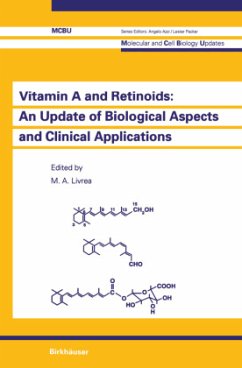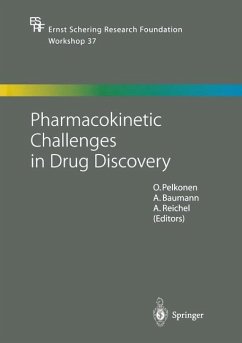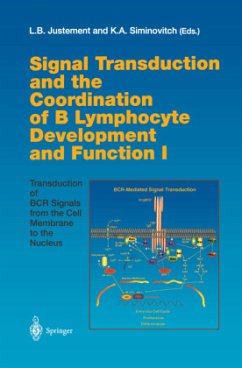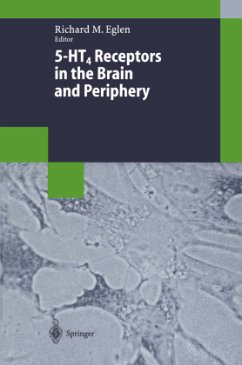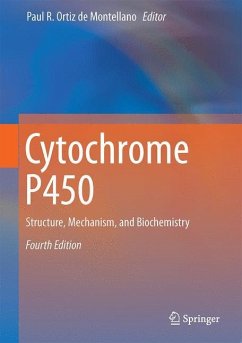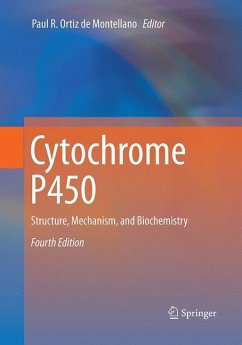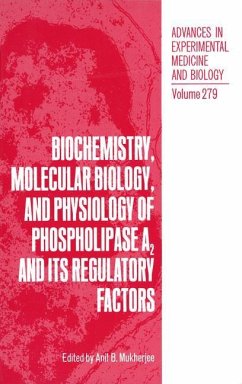
Toward a Molecular Basis of Alcohol Use and Abuse

PAYBACK Punkte
19 °P sammeln!
The 39 chapters in this volume consider subjects ranging from genetics, markers, and molecular biology of alcoholism, to clinical observations and treatment. The aim is to integrate pertinent information from the fields of molecular and cell biology with view to establishing a molecular basis of alcohol use and abuse. An initial preview summarizes historical aspects of alcohol use, and subsequent chapters concern novel drugs, pharmacological aspects, gene structures, cloning, and enzymatic properties. Also contributions by "non-traditional" alcohol scientists have been included in this collect...
The 39 chapters in this volume consider subjects ranging from genetics, markers, and molecular biology of alcoholism, to clinical observations and treatment. The aim is to integrate pertinent information from the fields of molecular and cell biology with view to establishing a molecular basis of alcohol use and abuse. An initial preview summarizes historical aspects of alcohol use, and subsequent chapters concern novel drugs, pharmacological aspects, gene structures, cloning, and enzymatic properties. Also contributions by "non-traditional" alcohol scientists have been included in this collection, in order to highlight possible interaction and parallels between different fields. Novel results of particular interest include up-dated summaries on receptors, enzymes, and other proteins, as well as corresponding gene structures and regulation, setting the basis for distinguishing markers and pinpointing further possible pharmacological treatments.






